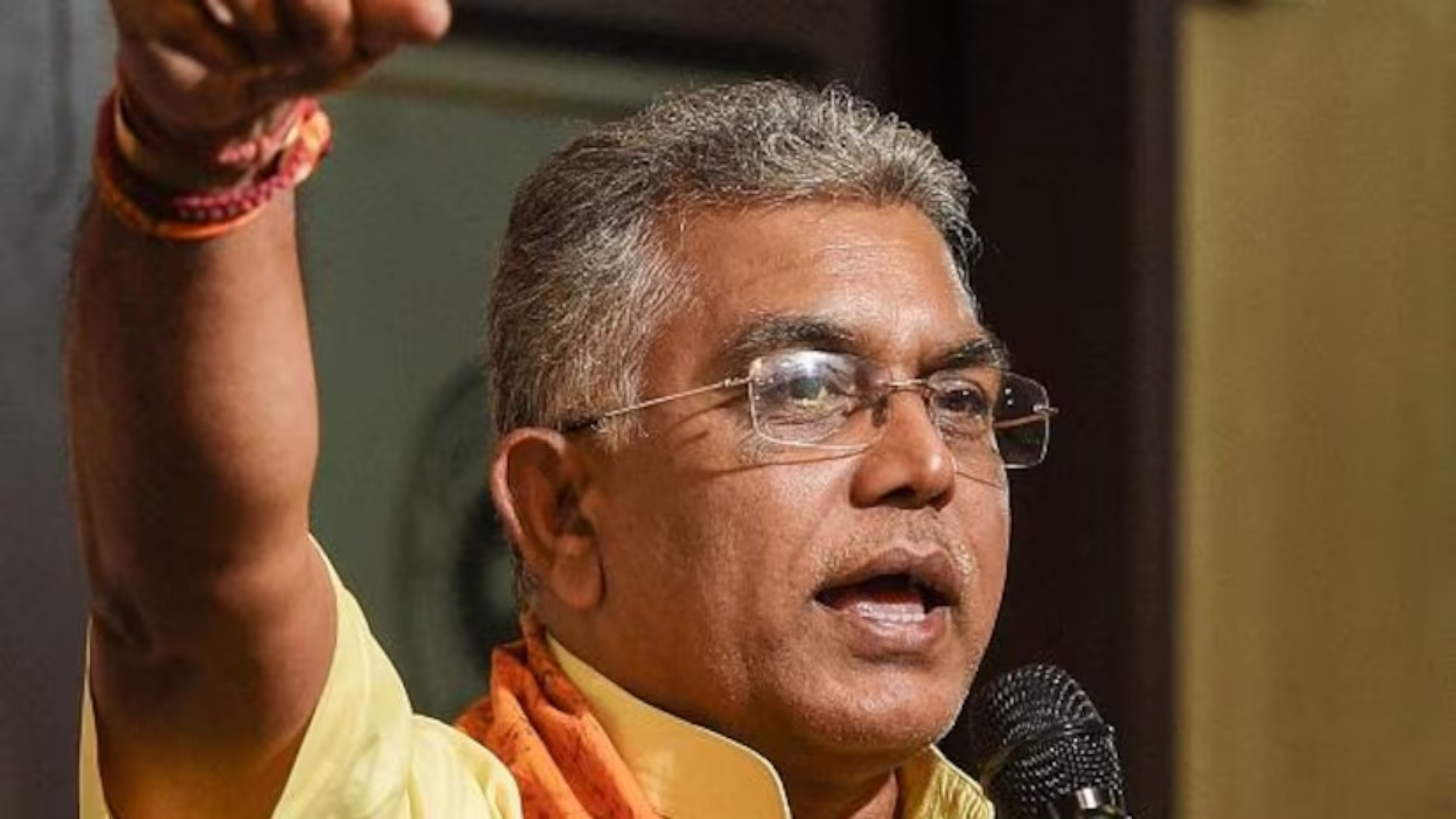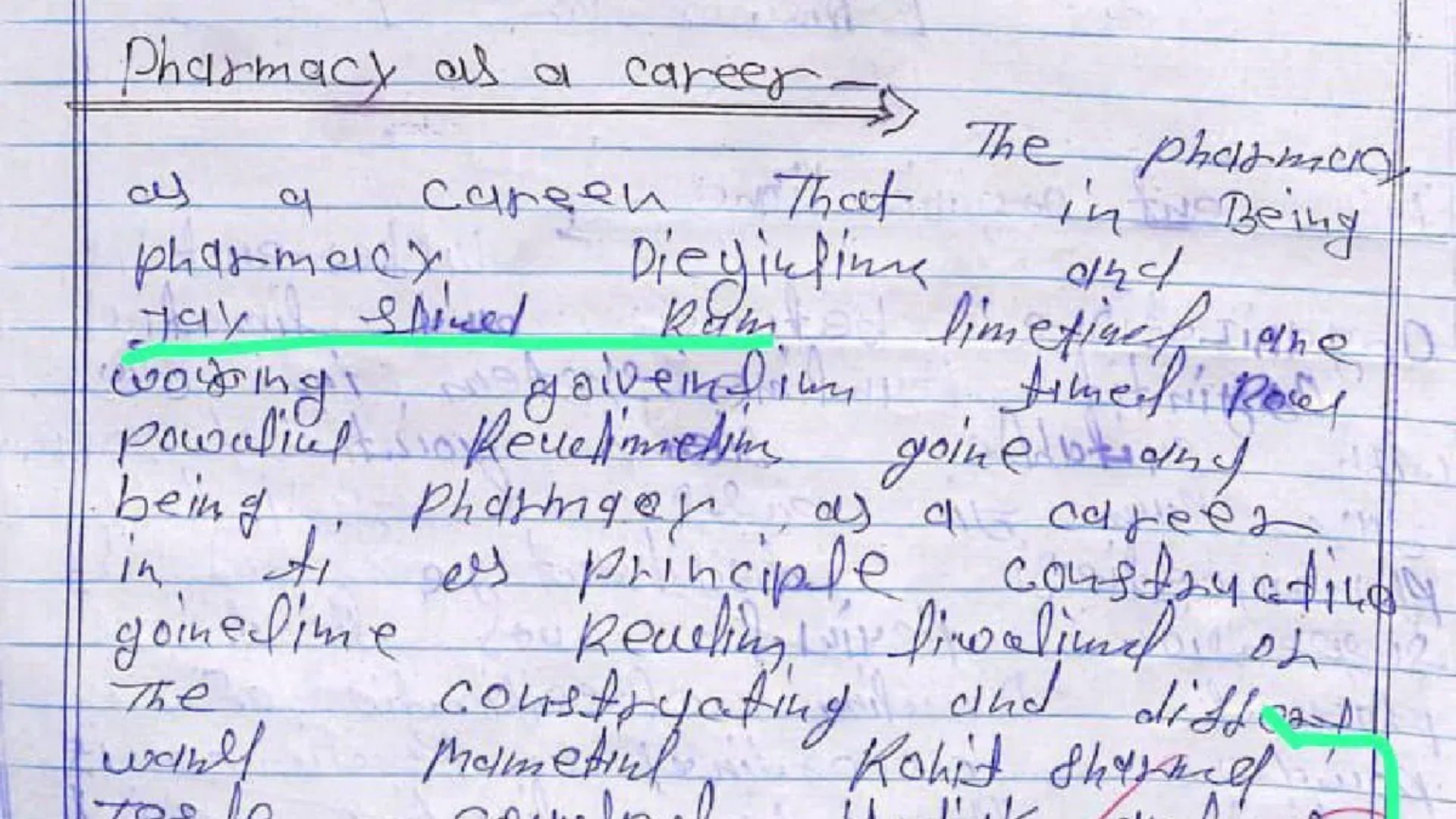


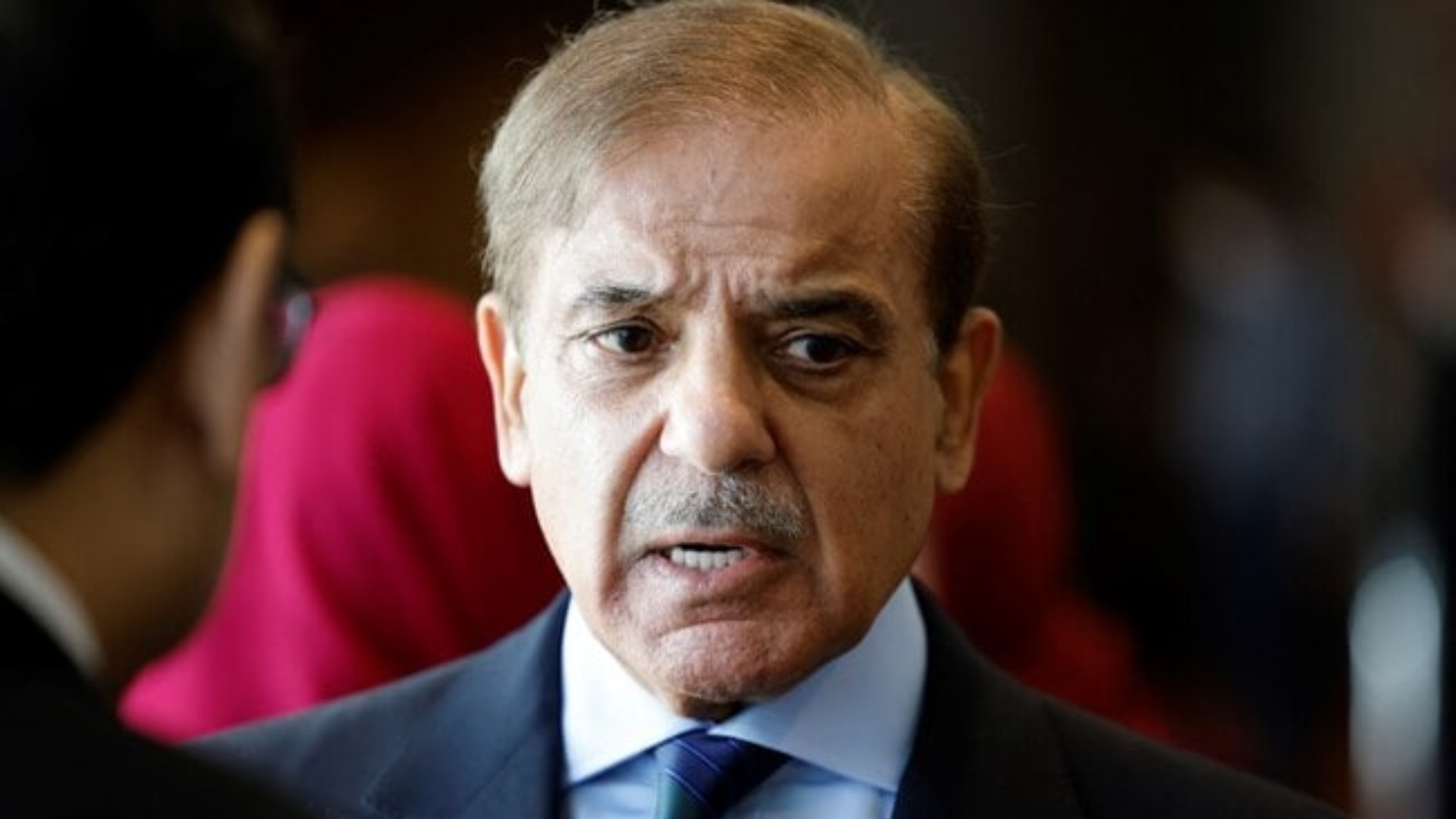

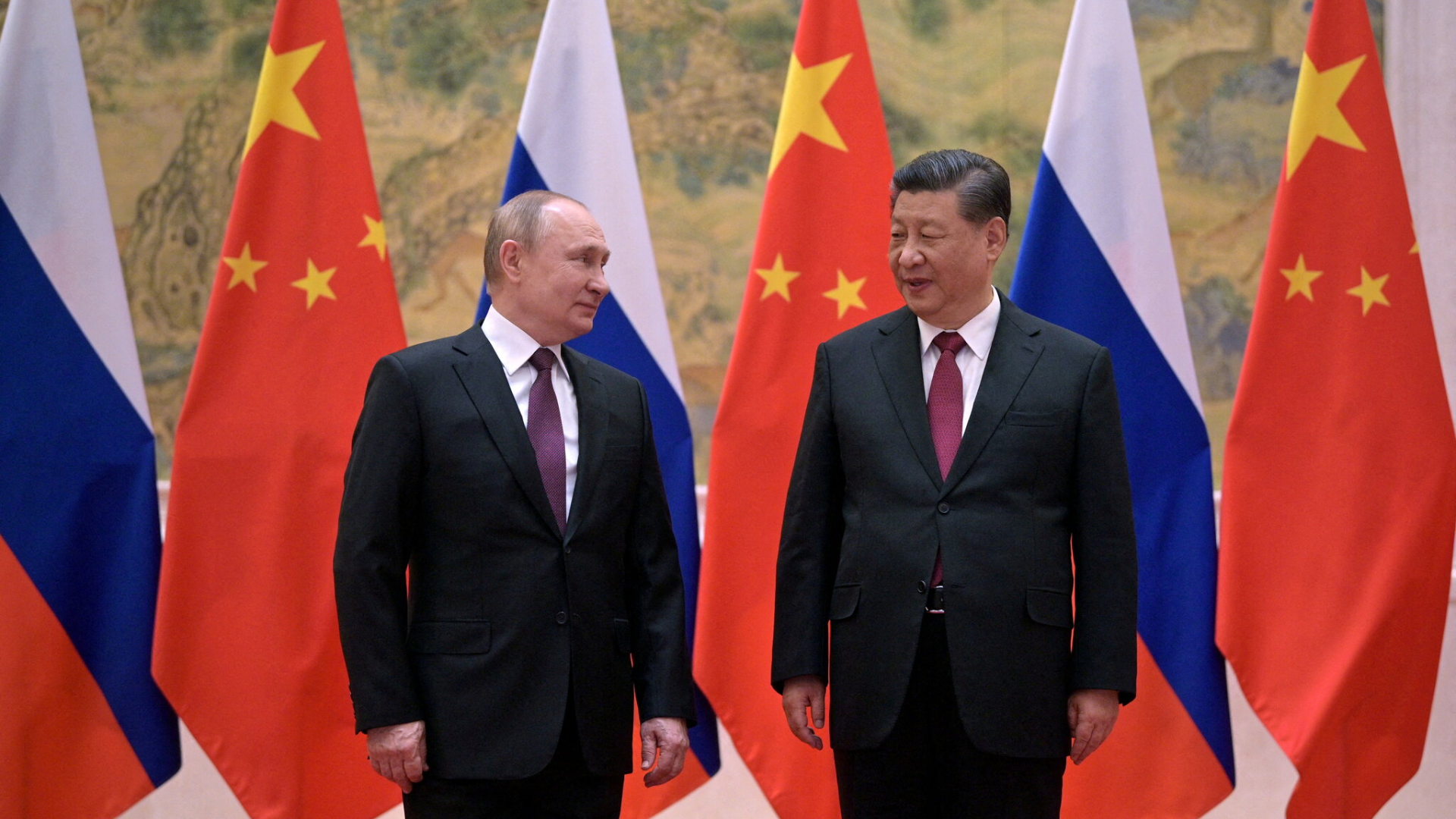



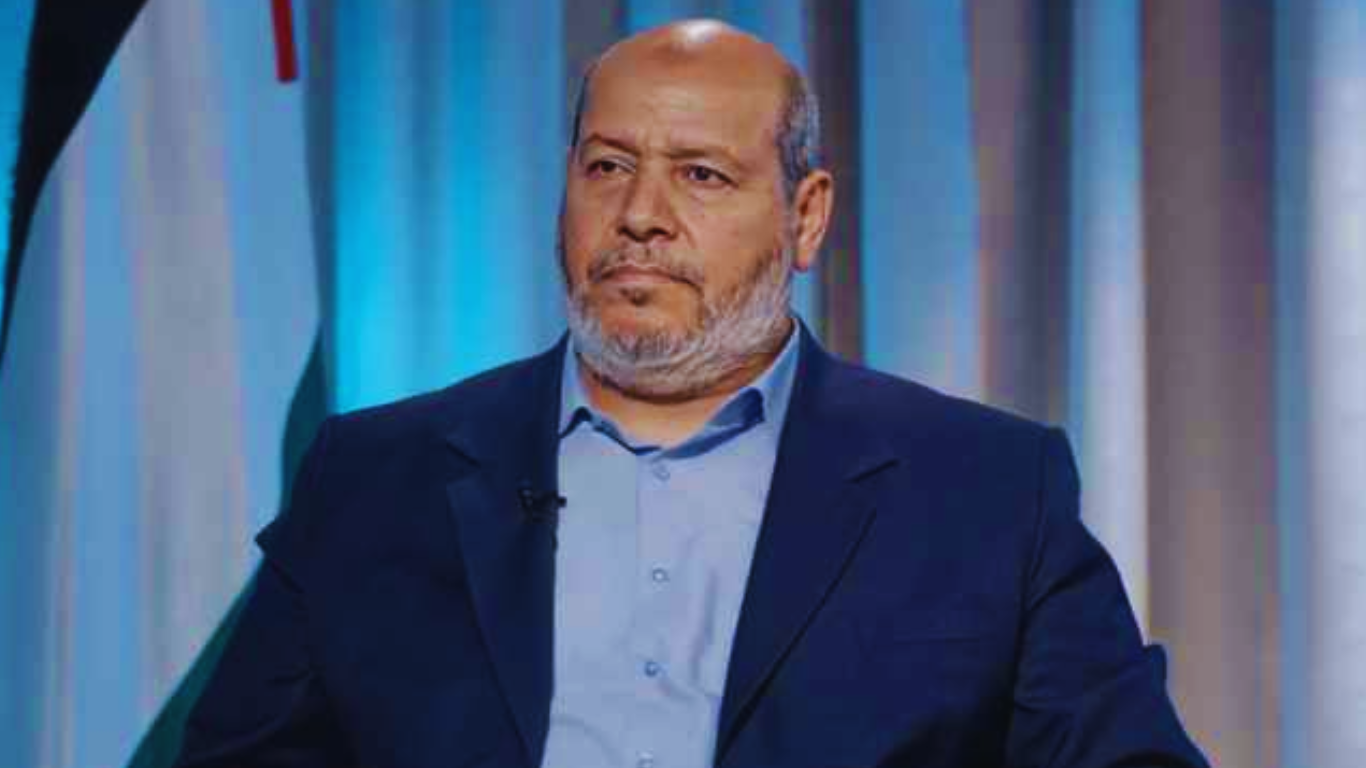
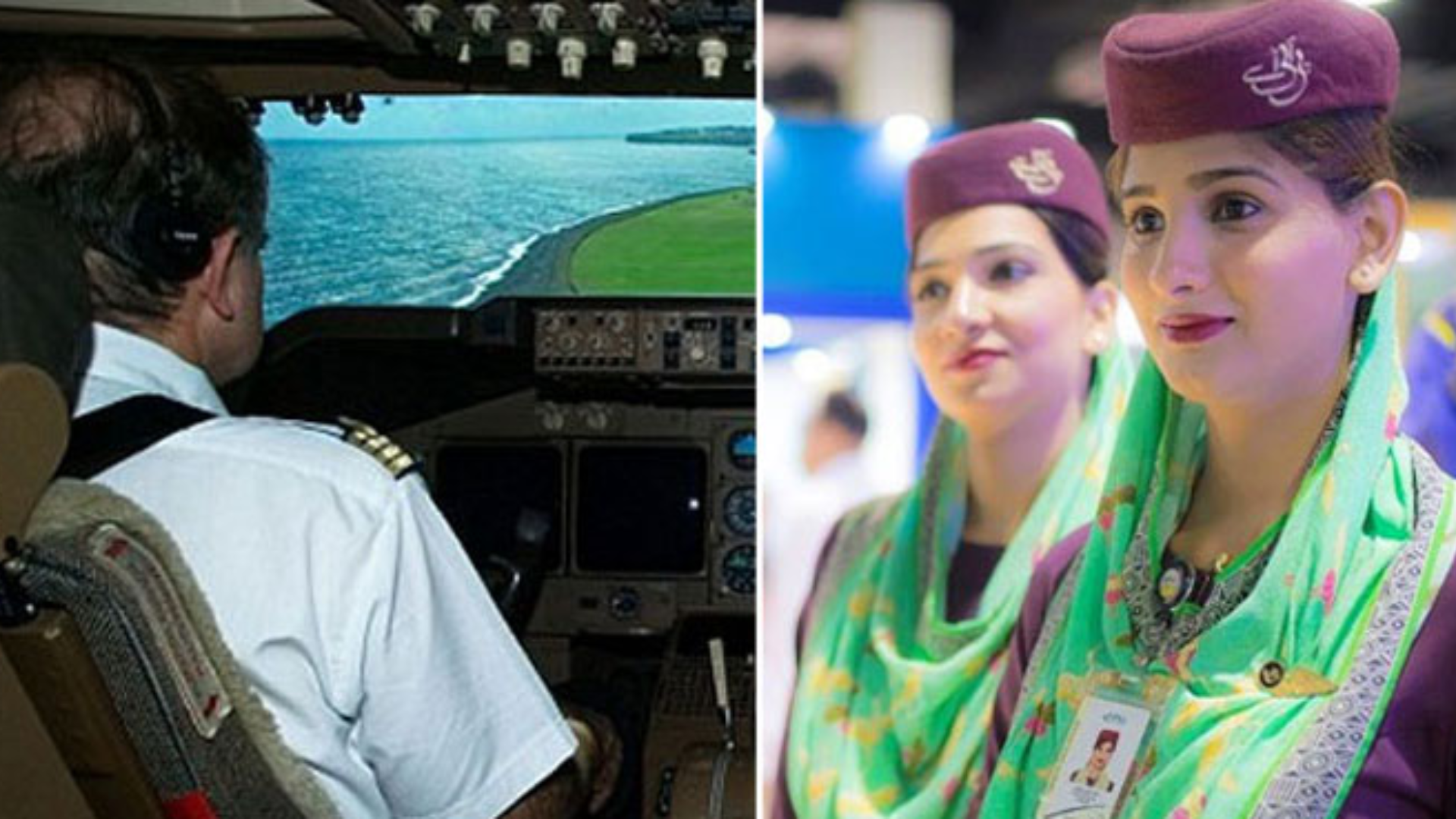
Pakistan International Airlines (PIA) incurred a significant penalty after an air hostess traveled to Canada without a passport, reported by ARY News based on insider sources. The incident occurred when the air hostess was scheduled for duty on flight PK-781 from Islamabad to Toronto.
She managed to reach Canada using only PIA General Declaration documents, bypassing the standard passport requirement. This breach led to a substantial fine imposed on the national carrier for allowing flight attendants to enter Canada without proper documentation. PIA confirmed a fine of USD 250 for the incident, highlighting the seriousness of the violation.
However, PIA’s spokesperson denied speculations that the air hostess intended to seek political asylum upon arrival in Canada. This incident comes in the context of several PIA air hostesses going missing in Canada over the past two years, raising concerns about the safety and well-being of airline staff on international routes.
Earlier in March, another PIA cabin crew member, Jibran Baloch, was reported missing in Canada, failing to return for duty on flight PK-782. Similarly, a female air hostess named Maryam Raza disappeared from her hotel room, leaving behind a note expressing gratitude to PIA.
These incidents highlight broader issues within Pakistan’s aviation industry, as outlined in a white paper released by Pakistan’s Aircraft Owners and Operators Association (AOOA) on March 14. The paper identified professionalism issues leading to pilot license concerns, which in turn resulted in European Union (EU) countries banning Pakistani airlines’ operations in their territories.
The AOOA stressed the importance of appointing qualified individuals in suitable roles within the aviation sector and proposed measures to address the industry’s challenges and restore its credibility.








